Keeping Scotch Relevant
let’s begin
Scotch has a long history that dates back hundreds of years, so it makes sense that the industry can find itself in a lull every now and then.
Recently however, times have been booming for Scotch and it has seen an uptake in interest and consumption.
The same can be said for the Whisky industry at large, as well as for similar markets such as Gin.
This has had a number of effects on the industry. Seeing new challengers rising both within the industry itself and from outsiders like new Gin brands.
So just how do brands keep their product fresh and relevant for a generation that thrives on choice and is always looking forward?
Craft Distillers and Experiments
The increase in the number of craft distillers has definitely become a challenge to bigger companies. More and more consumers seek out products that are hyper local or feel more personal than faceless corporate brands.
These types of producers have become massively relevant themselves in the industry. Customers are drawn towards small batch, localised products that have a wholesome story behind them.
Bigger names in the industry are trying to recreate the buzz around craft distillers. They do this by taking the drive and innovation behind such endeavours and applying them to themselves.
Whisky Experiments
This is perhaps best evidenced in Diageo’s introduction of a department dedicated to “experimental craft Whisky” in 2015. This gave them the chance to draw customers in with the idea that they were innovating and crafting on a smaller scale. They could say, like craft distilleries, they are challenging the norms of an old industry.
This is a movement that is also being pushed by Glenfiddich, with their new “experimental series”. This includes Whisky finished in IPA beer barrels, which has now been trialled by others. It also includes Project X, which saw the marrying of 20 different casks that had been hand picked by 20 Whisky experts.
Transparency in Scotch
Compass Box are another brand that are at the forefront of innovation in the Scotch industry. They are known for championing of transparency from producers. This is the fight to change laws that say Whisky producers can only name the youngest malt in their blends.
Compass Box hope to improve brand and consumer engagement. They want to do this by changing the laws to allow producers to release everything about their blends.
This is a movement that has been supported by many other brands including Bruichladdich and The Boutique-y Whisky Company, amongst others.
What this means for consumers
This is a great chance for Scotch to make itself more relevant in the eyes of consumers as it strives to engage and be better understood.
For a drink that is so old and often shrouded in tradition, it can be difficult for new audiences to feel part of the journey, but with a revamp of transparency laws, such as Compass Box is suggesting, that could change quite easily.
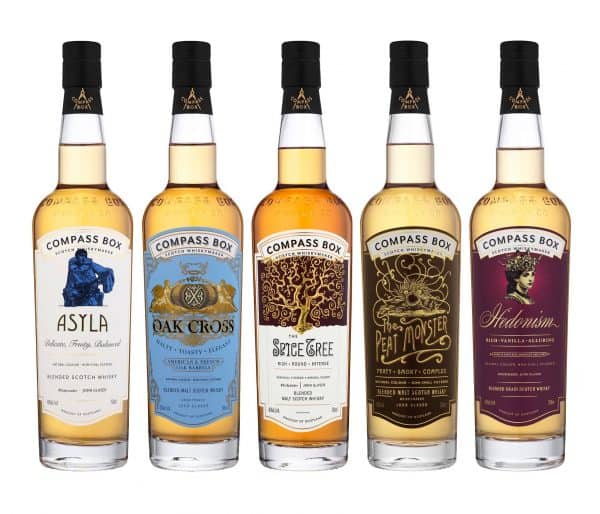
Embracing New Scotch Drinkers
As well as trying to attract new audiences through transparency, the Scotch industry is also trying to garner fresh interest by creating Whiskies that are easier to drink.
Take for instance Haig Club, a single grain Whisky that was intentionally made with the idea of attracting new Whisky drinkers. Of course it helped to have David Beckham at the front of their marketing campaign.
But the idea here is to create a Whisky that is easy going and mellow enough not to put inexperienced drinkers off.
Talisker Skye and Chivas Regal 12 are also good examples of drams that are made to attract new drinkers. They have a toned down palate that is easier to enjoy when you first begin drinking Whisky.
This is a way for brands to introduce themselves to people who have not tried Whisky before and may have misconceptions about the flavour.
What are your thoughts? Leave a comment below and let’s have a chat!




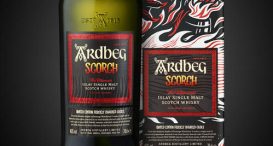




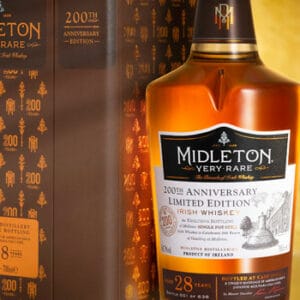

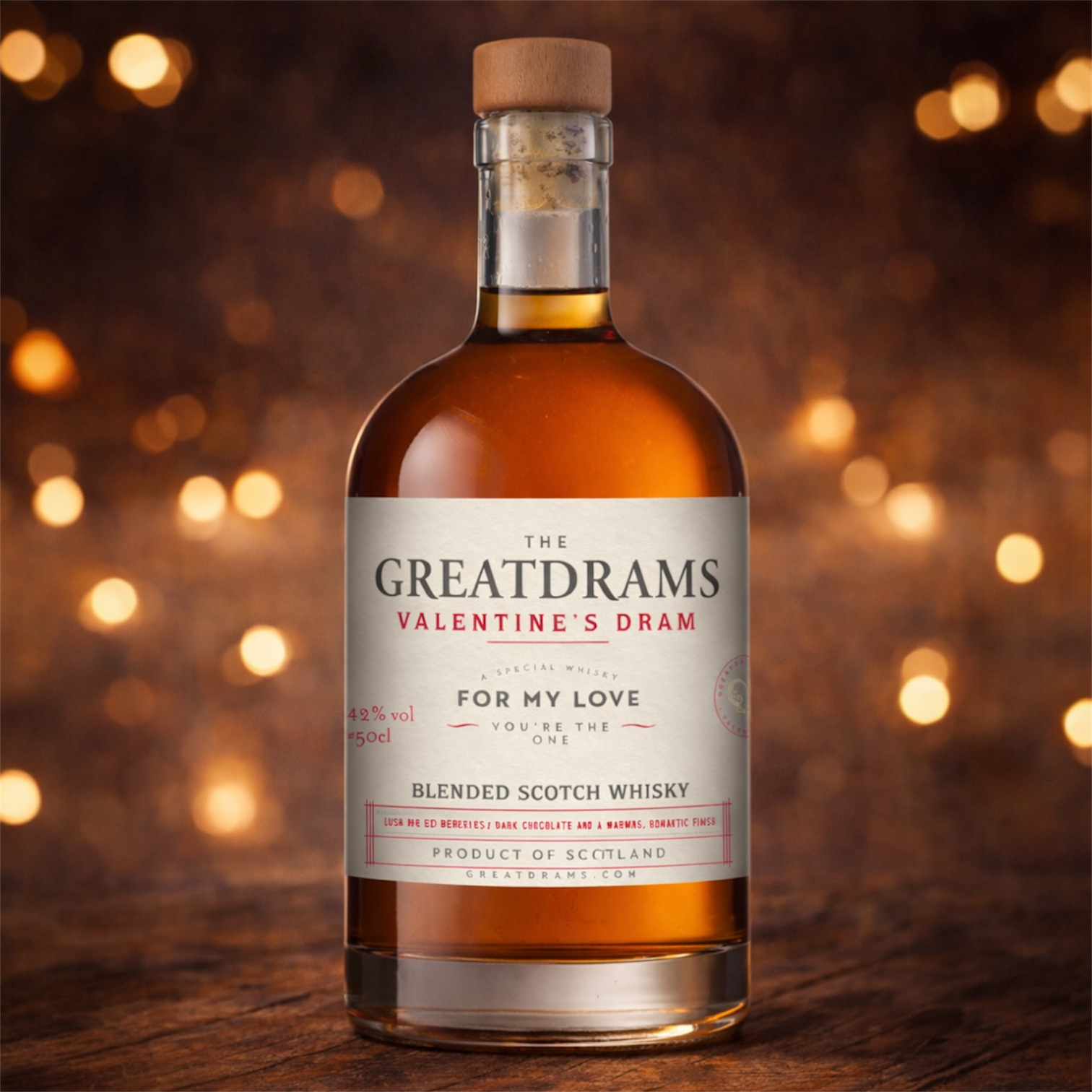
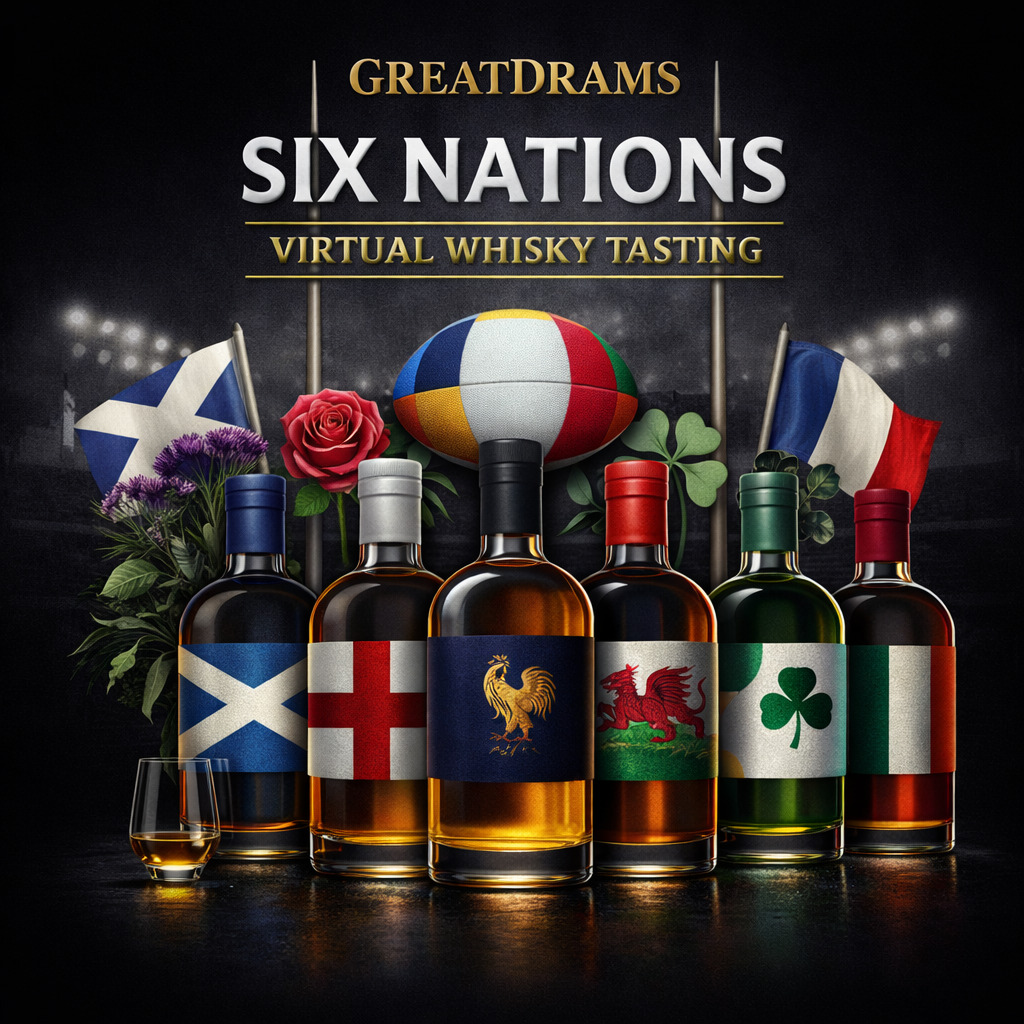
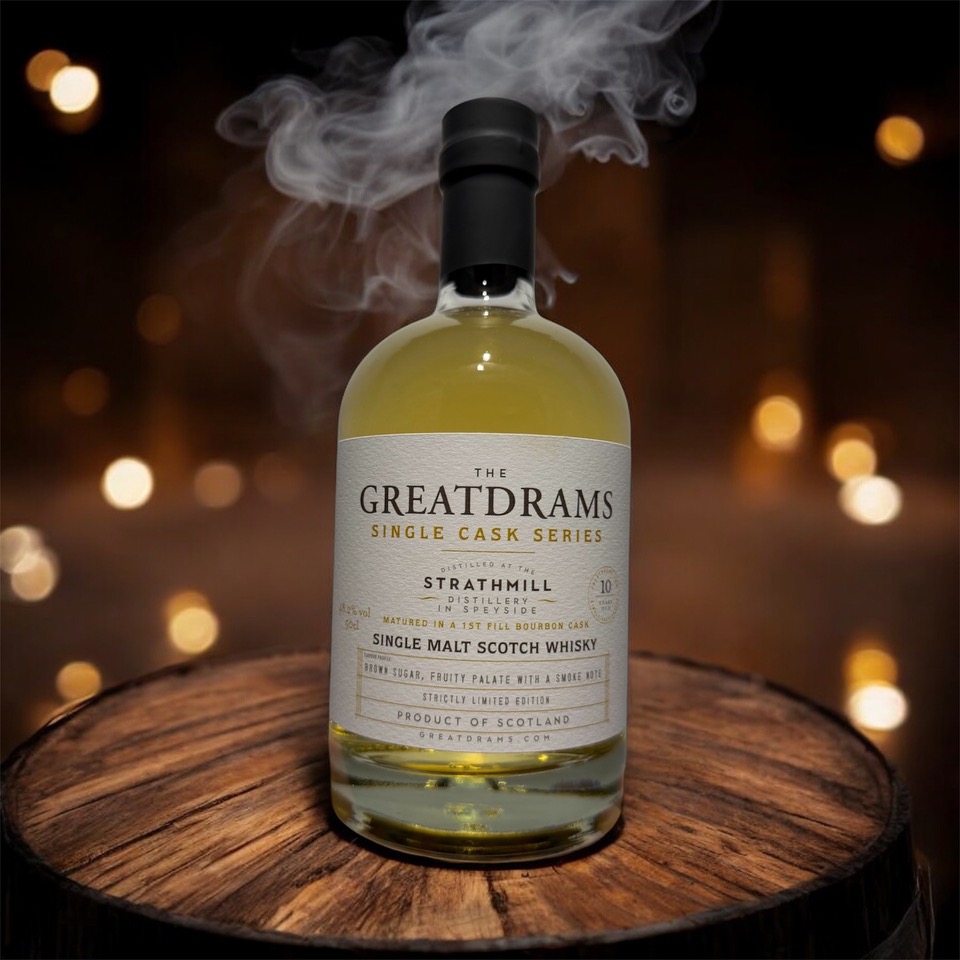
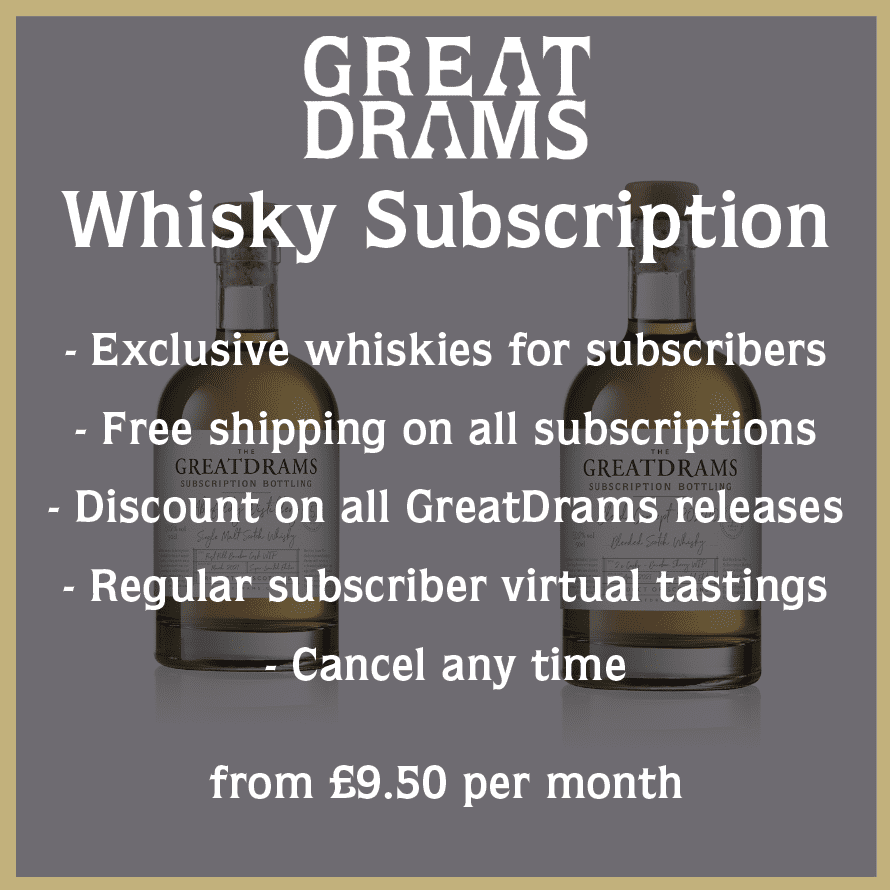
1 thought on “Keeping Scotch Relevant”
I am a new whisky enthusiast. What got me hooked was a trip to Scotland where my husband and I took a guided tasting class for beginners. I was then able to apply what I learned during the rest of our trip and sample many whiskies on my own. For reference, we have been craft beer enthusiasts for over 25 years, and a few years ago got into craft cocktails. I am an occasional wine drinker but my husband rarely drinks wine. My husband does not share my new enthusiasm for Scotch. It’s not that he dislikes it, he just likes craft beer and craft cocktails better.